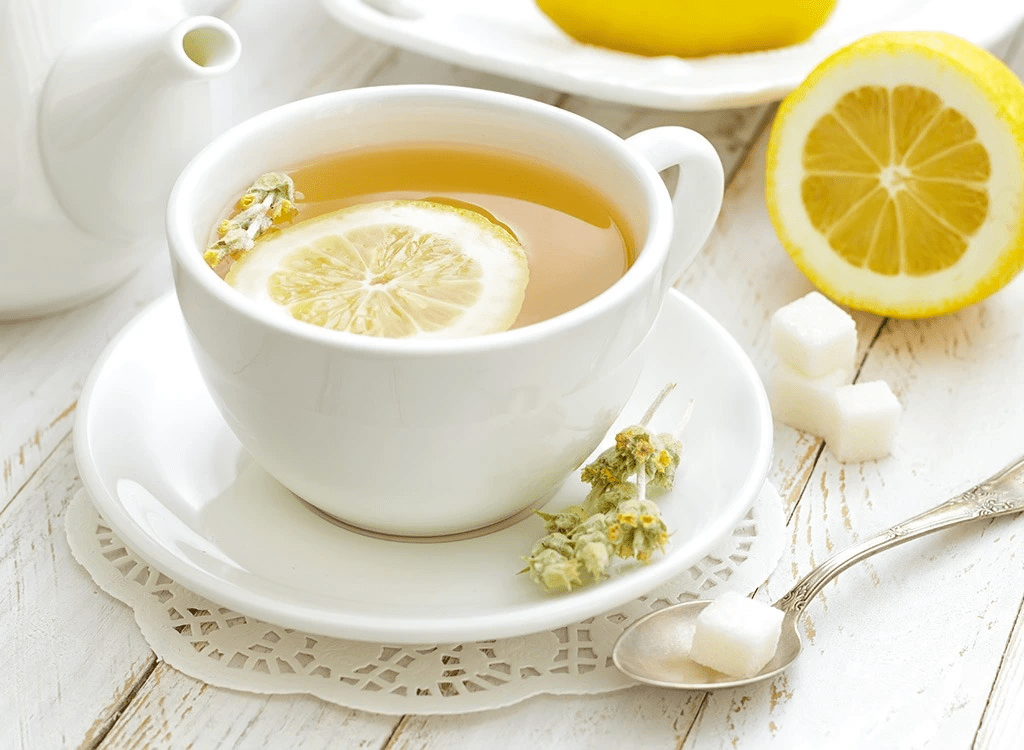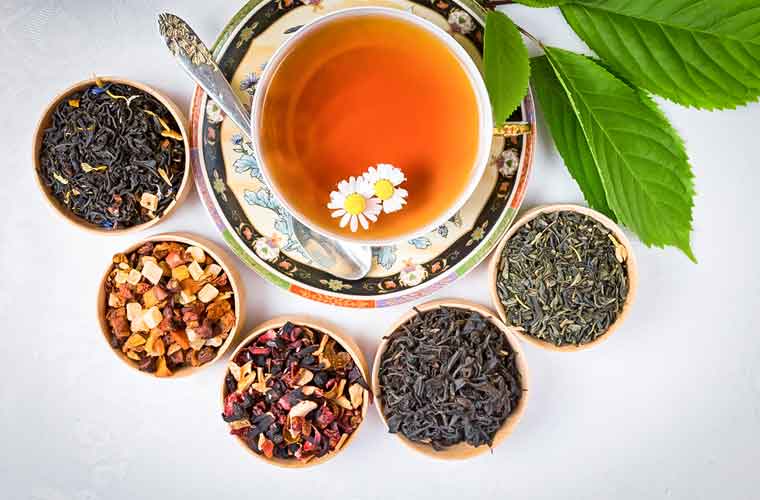The tea diet is a popular trend that involves drinking various types of tea to boost metabolism and aid in weight loss. However, did you know that tea can also help reduce stress levels? Stress is a prevalent problem in today’s fast-paced world, and finding ways to manage it is crucial for overall well-being. This article will discuss seven ways the tea diet can help reduce stress.
Promotes Relaxation

Drinking tea, particularly chamomile, lavender, and valerian root, can promote relaxation and calm the mind and body. These teas contain natural sedative properties that help you unwind and prepare for a restful night’s sleep, reducing stress levels. By incorporating tea into a nightly routine, you can benefit from its soothing effects and promote a sense of calm and relaxation. A good night’s sleep is essential for managing stress levels, and drinking tea can be a simple and effective way to improve the quality of your sleep and reduce stress.
Reduces Cortisol Levels
Stress triggers the production of cortisol, a hormone that can lead to several health issues, such as weight gain, anxiety, and depression. However, drinking tea, especially green tea, can help lower cortisol levels and decrease stress levels. Scientific studies have shown that tea consumption can positively impact stress management, making it a simple yet effective addition to a stress-reduction routine. By reducing cortisol levels, tea can help improve overall well-being and promote a healthier lifestyle.
Provides Antioxidants

Tea is a rich source of antioxidants that help protect the body against free radicals. Free radicals are unstable molecules that can cause damage to cells and contribute to chronic diseases like heart disease, cancer, and Alzheimer’s disease. Drinking tea regularly can help increase antioxidant levels, promoting overall health and reducing stress. By incorporating tea into a healthy diet, you can benefit from the antioxidant properties of tea and support your body’s natural defense against disease and stress.
Improves Focus
Drinking tea can help improve focus and concentration, reducing stress levels caused by mental fatigue. Certain teas, such as matcha and yerba mate, contain caffeine and other compounds that enhance cognitive function and alertness. However, it’s important to remember that too much caffeine can have the opposite effect and increase stress levels, so consuming tea in moderation is essential.
Boosts Mood
Tea is rich in compounds that can help improve mood and reduce symptoms of anxiety and depression. Green tea contains L-theanine, an amino acid that promotes relaxation and reduces stress. Additionally, other compounds found in tea, including polyphenols and catechins, have been associated with improved mood and a reduction in symptoms of depression. By incorporating tea into a balanced diet, you can benefit from these mood-boosting compounds and promote greater well-being. Drinking tea can be a simple yet effective way to support mental health and manage symptoms of stress and anxiety.
Supports Gut Health
The gut-brain axis is a crucial communication system that regulates stress levels. Consuming tea, especially herbal teas, has been found to support gut health and promote a healthy gut-brain axis. This can lead to a reduction in stress levels and improve overall well-being. Research has shown that tea contains polyphenols and other compounds that benefit gut health, including promoting the growth of beneficial bacteria. Tea can help manage stress levels and improve mental and physical health by promoting a healthy gut-brain axis. Adding tea to a balanced diet can effectively support gut health and manage stress levels.
Provides a Ritual
Drinking tea can offer a calming ritual that promotes relaxation and reduces stress. Preparing and enjoying a cup of tea can be a mindful practice that provides comfort and stability, reducing feelings of anxiety and stress. Incorporating tea into your daily routine can effectively support stress management and promote overall well-being. By enjoying a cup of tea, you can create a calming daily ritual that helps you manage stress and cultivate a sense of peace and relaxation.
Conclusion
The tea diet offers numerous benefits beyond weight loss, including stress reduction. Incorporating tea into your daily routine can promote relaxation, reduce cortisol levels, boost mood, support gut health, and provide a calming ritual. However, it’s essential to remember that tea should be consumed in moderation and not replace other stress management techniques, such as exercise, meditation, and therapy. Adopting a holistic approach to stress management and incorporating tea into your daily routine can reduce stress levels and improve overall well-being.




